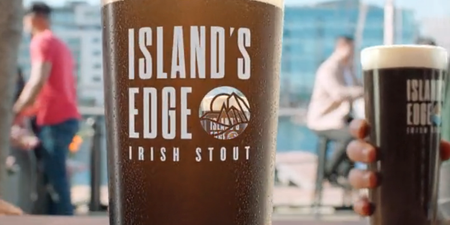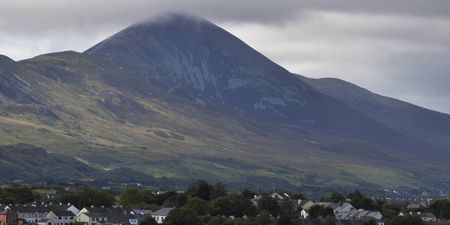The labour market in Ireland is set to face the largest one quarter shock in living memory.
Ireland is likely to experience a recession this year as the result of “economic deterioration” caused by the ongoing Covid-19 pandemic, according to the latest analysis from the Economic and Social Research Institute (ESRI).
The ESRI has forecast that unemployment in Ireland will rise from 4.8% in the first quarter of the year to 18% in Q2 due to the loss of over 350,000 jobs as a result of economic circumstances impact brought about by the Covid-19 virus.
The ESRI described the pandemic as the “greatest threat that the Irish economy has faced since the financial crisis” but said that the primary policy objective at present is the implementation of the necessary public health measures in whatever form is required, including the closure and restrictions on normal economic and social life.
Due to the uncertainty caused by the outbreak and as there is no clear sense when things will return to somewhere approaching normal, the ESRI said it is not possible to undertake traditional economic forecasts.
Instead, they have provided scenario analysis which attempts to assess the economic impact of the current restrictions and closures. In this instance, the ESRI analysis is based on an assumption that the measures stay in place for a 12-week period and the economy recovers afterwards.
Under this scenario, the Irish economy would shrink by 7.1 per cent in 2020.
As well as that, consumption, investment and net trade would all fall sharply, households would cut spending, firms would cancel or postpone investment and external demand for Irish goods and services would fall.
The labour market, the ESRI say, is set to face “the largest one quarter shock in living memory”, with unemployment increasing to 18% and over 350,000 people losing their jobs.
Under the scenario presented by the ESRI, meanwhile, the general government balance, which had been expected to be in surplus at the start of the year, would now register a 4.3% deficit due to a fall in exchequer revenues and an increase in government spending to support workers who have lost jobs, assist businesses and provide additional health expenditure to tackle the Covid-19 emergency.
The ESRI have warned that the scenario presented in this instance, despite predicting a recession and a surge in unemployment to 18%, may “turn out to be too benign” and have promised to revisit economic scenarios as events unfold more frequently than usual.
The ESRI report in full can be read here.





















































